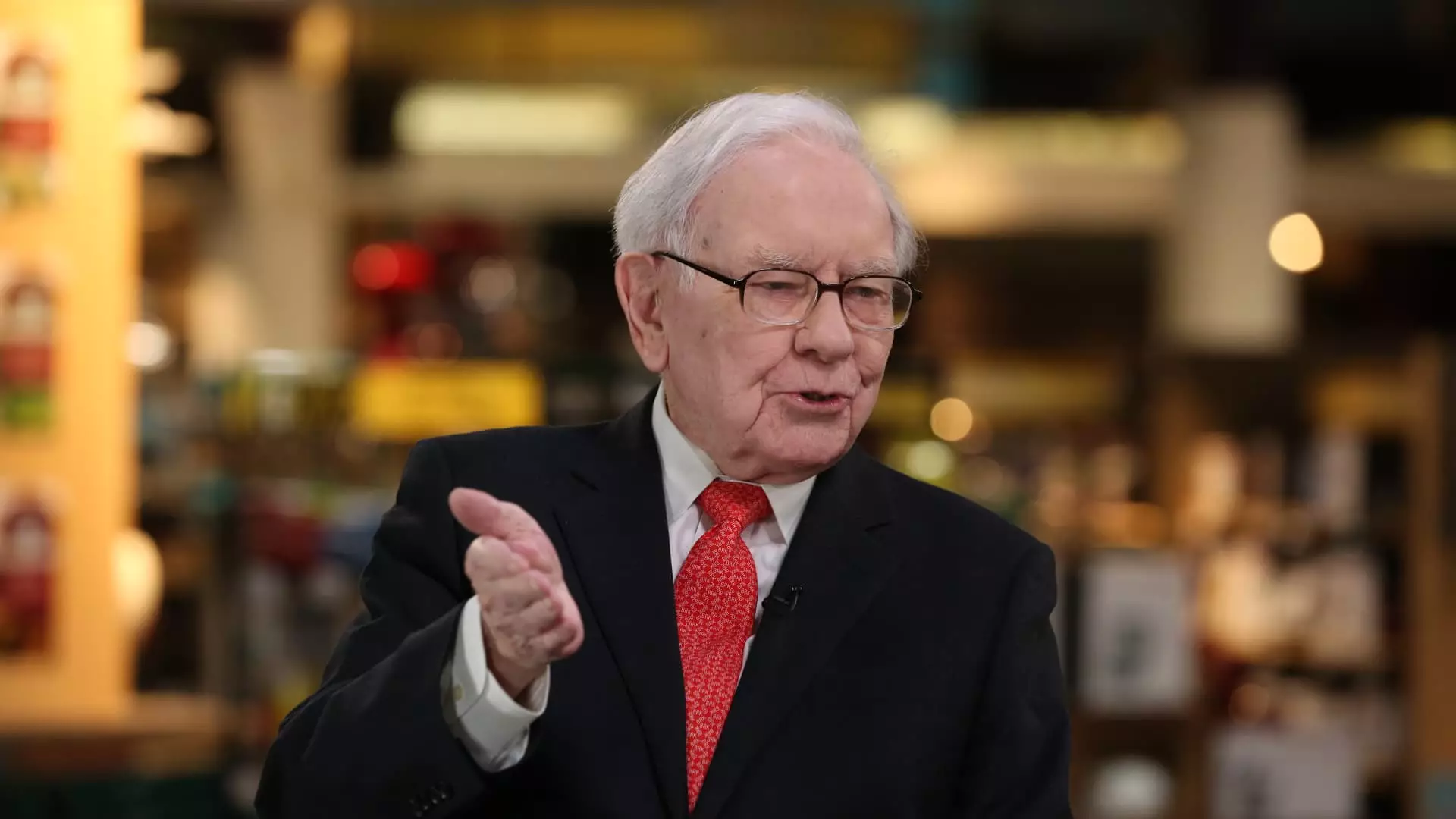The recent pronouncements regarding tariffs from President-elect Donald Trump have rekindled concerns that the economy could plunge into a disruptive trade war, mirroring events from his first term in office. Analysts and economists, including prominent figures like Warren Buffett, have underscored the potential ramifications of such policies not just nationally but globally. The delicate balance of international trade relies on agreements that promote stability and accessibility to goods. A shift towards stringent tariffs disrupts this balance and may lead to inflationary pressures that could negatively influence consumers around the world.
Buffett, known as the “Oracle of Omaha,” articulated his concerns in several interviews during 2018 and 2019. He painted a picture of a world where trade is fluid and beneficial, highlighting the potential dangers of imposing rigid tariffs. He remarked that a global trade war would not merely be detrimental to economic relationships but could also lead to increased costs for consumers everywhere. His assertion that “everything intersects in the world” reflects an understanding of the interconnected nature of current economies; when one country adopts protectionist measures, it can lead to repercussions felt by many others.
Tariffs as Consumer Taxation
One of the most compelling arguments made by Buffett is the perspective that tariffs essentially act as a tax on consumers. This claim emphasizes that while the immediate benefits of free trade are often invisible to the public, any significant policy shift could result in marked price increases for everyday goods. He points out that consumers might not realize the implications of tariffs until they witness hikes in prices reflective of increased manufacturing costs.
The concept of tariffs altering consumer behavior and production locations is crucial for understanding the broader economic implications. Buffett metaphorically questioned how different marketplace realities could be if products were mandated to be manufactured solely in the United States. Such a policy could dramatically reshape not just price points, but also the nature of choices available to consumers. Substantial tariff impositions could lead to less competition and ultimately reduce quality and innovation.
The Educational Role of Leadership
From Buffett’s perspective, the responsibility of leadership extends beyond merely implementing policies; it encompasses educating the public about those changes. He posited that effective presidents should act as “educators-in-chief,” elucidating the reasons behind shifts in trade policy to foster public understanding and acceptance. Drawing a comparison to Franklin D. Roosevelt’s leadership during the Great Depression, Buffett emphasizes the importance of transparent communication during economic turbulence.
Public perception surrounding Trump’s tariff threats is polarized. Some commentators speculate that these threats serve as a strategic negotiation tool aimed at achieving broader political aims, while others fear a spiral into retaliatory measures reminiscent of the earlier trade conflicts during Trump’s presidency. The contrasting views illustrate a significant divide in how such trade policies are interpreted and the potential consequences they might usher in.
The threats of increased tariffs under the Trump administration could have far-reaching implications for the U.S. economy and beyond. While the rationale may be couched in the language of protecting domestic interests, the direct impact on consumers is a vital consideration that leaders must grapple with. The potential for inflation, reduced choices, and a breakdown of international trade agreements looms large on the economic horizon. The ultimate challenge remains not just in implementing effective trade policies, but in effectively communicating those policies to a wary public.


Leave a Reply